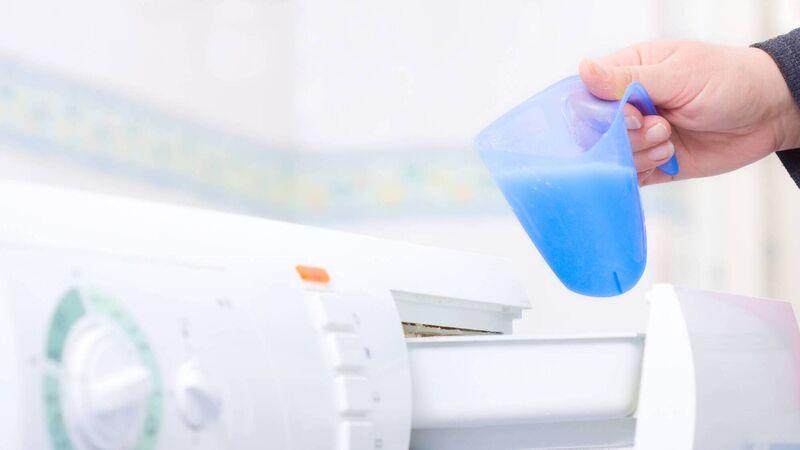Gillette and Ariel-owner P&G sees drop in sales as consumers switch

P&G operates a manufacturing plant in Kildare that employs about 400 people.
Ariel and Gillette-owner Procter & Gamble (P&G) reported a surprise drop in quarterly sales for the second time in a row, as price-conscious consumers in its major markets, the United States and China, switched to cheaper brands.
P&G, which has a manufacturing plant in Kildare that employs about 400 people, said organic sales in North America grew 4% in the first quarter, compared with a 7% rise seen a year earlier.












